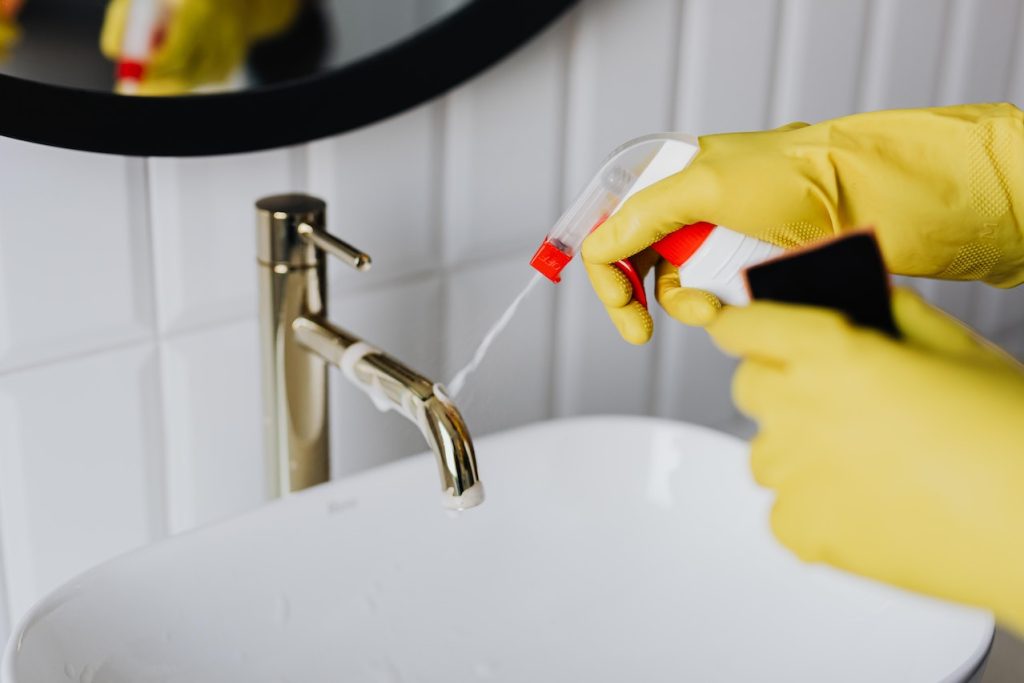Insurance is a contract between two parties, where one party, i.e., the Insured pays a sum of money called a premium. The other party, i.e., the Insurer, promises to reimburse for a specified type of loss arising. This contract is known as the Insurance policy. An insurance policy is a contract that outlines the terms and conditions under which an insurance company will pay in case of a specified loss. The party that buys insurance policy is the policyholder. The sum of money which is paid to cover a complete loss is known as the premium. In case the insured suffers a loss, the type of loss the Insurer will reimburse is known as the coverage. Only when the specified loss arises, the insured party can claim for insurance.
Types Of Insurance
Any risk which can be quantified can be insured. The Insurance policy usually mentions the specified kind of loss covered and the terms under which it can be claimed. Some of the common types of insurance taken in MoneyIQ are travel insurance, car insurance, fire insurance, Maid insurance, and personal accident insurance. Among these, the Maid insurance is compulsorily taken to provide personal accident and enhanced hospitalisation benefits, outpatient medical and dental benefit, maid termination, and rehiring expenses. It is always better to stay covered against known specified risks.
The Maid Insurance
Domestic Helper insurance is a way to protect your household maid. It is compulsorily taken for all household maids. It provides comprehensive benefits to protect the maid, including personal accident, hospital and surgical expenses, termination and rehiring expenses, insurance guarantee bond, personal Liability to third parties, and other benefits.
Ten Key Considerations Before Getting A Maid Insurance-
- Whether Insurance Covers Personal Accidents?
The first thing you will have to check before buying the insurance is that if the maid insurance covers personal accidents. This would reimburse all your medical costs and provide compensation to disability caused due to individual accidents. This would provide financial stability after an accident suffered. The sum insured depends on the sum insured under the Policy.
- Whether the Insurance Covers Accidental Death?
You should check if the personal accident covers the right amount of sum for accidental death. This Policy would be beneficial for the person who was dependent on the person. Adequate compensation will be given to accidental death if it is covered. So, ensure that your insurance covers this.
- Whether the Insurance Covers Permanent Disablement?
Another essential part of your Policy is whether it covers permanent disablement. Some don’t cover this, so ensure your policy covers it. This is because your work efficiency reduces, and the employer might pay you lesser. So, to cover such compensation, this is important.
- Whether the Insurance Covers Medical Expenses?
Medical expenses include clinical visits, dental fees, ambulance fees, Chinese physician treatment, physiotherapy, etc. It is recommended to take a policy that covers everything because you may need it in the future.
- Whether the Insurance Covers Hospital and Surgical Expenses?
Most of the policies come with this package, so you may not worry about this much. Just make sure you check it once before you purchase the Policy.
- Whether the Insurance Covers Repatriation Expenses?
Sometimes if your maid is permanently disabled, you may have to send her back home to her country. You may have to convert any foreign currency; most of the insurance will cover such expected expenses.
- Whether the Insurance Covers Insurance Guarantee Bond- Ministry of Manpower?
This is a letter issued as a security bond on your behalf to the Ministry of Manpower. With this, you do not have to pay cash upfront to the Ministry of Manpower when you apply for a maid.
- Whether the Insurance Covers Termination and Rehiring Expenses?
You cannot terminate anybody as per your wishes and claim for rehiring expenses. If there are sufficient reasons to do so, you may request such expenses if your policy covers it.
- Whether the Insurance Covers Special Grant?
Some of the insurance policy covers a special grant. If your maid dies in the course of employment with you during the period of insurance, her estate or legal representative would be paid depending on the policy terms.
- Whether the Insurance Covers Liability to Third Parties?
Liability to third party expenses is hard to bear. It is not that such things are every day, but if such an event happens anytime, it would be hard to incur costs. It is better if your Policy covers such expenses.
- Whether the Insurance Covers Maid Personal Belongings?
Your maid’s personal belongings might be lost or damaged due to fire, water following events like flood, bursting of tanks, theft, etc. Such expenses to recover her belongings would be covered in a few policies.
- Whether the Insurance Covers Wages Compensation & Levy Reimbursement (Per Day)?
The Policy will pay proportion wages and government demand on your house cleaner as long as 30 days if your servant is hospitalised because of an Accident or Illness except for pre-existing conditions.
- Whether the Insurance Covers Outpatient Medical Benefits and Outpatient Dental Benefits?
Medical bills and hospital bills incurred in Singapore, resulting from an accident or sickness sustained by the maid during the period of insurance, would be reimbursed. Ensure you check the outpatient dental benefits, as you may incur this risk at one point in your period of insurance.
- Whether the Insurance Covers Enhanced Medical Benefits Like Infectious Disease Medical Expenses?
You should also check if the Policy gives excellent reimbursement benefits for infectious diseases and critical illness. It would be better if this is covered in your Policy.
Conclusion
Your maid insurance must cover most of the above discussion. Ensure it is all covered so that you would be financially stable by reimbursement after any unfortunate event likely to occur. It would be safer to protect beforehand than after such an event.

